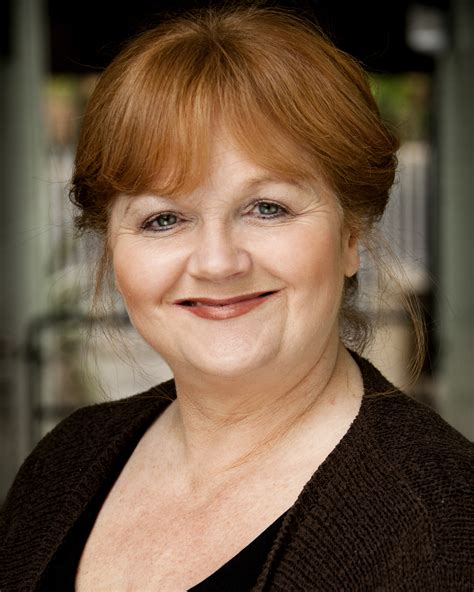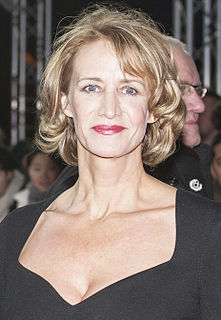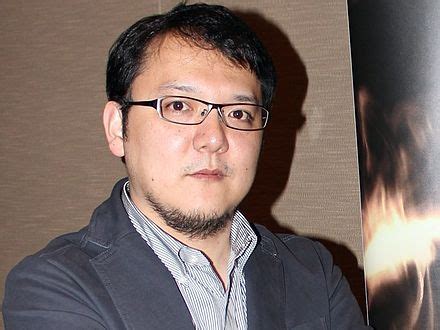A Quote by Michael Palin
There is nothing better than playing a scene with John Cleese or Maggie Smith. It's electric. But I don't think I'm the sort of person who needs to have an outer ego in order to produce something. I realised that through the travel programmes.
Related Quotes
The word 'ego' is very important. The ego is an important element of being human, and of being creative. We need that ego in order to give us a confidence of doing what we're doing. Ego pushes us into the creative world in order to create for something more. I think that a great company of actors, they all have egos, very strong egos, but they're all prepared to share together in order to achieve something even better than that.
That is again the same story played on a more subtle level. That's what the religious people have been doing down the ages - pious egoists they have been. They have made their ego even more decorated; it has taken the color of religion and holiness. Your ego is better than the ego of a saint; your ego is better, far better - because your ego is very gross, and the gross ego can be understood and dropped more easily than the subtle. The subtle ego goes on playing such games that it is very difficult. One will need absolute awareness to watch it.
Donald Trump is sort of an Orwellian figure, an authoritarian figure who is twisting words in an Orwellian manner, "1984," to exercise power and control people's minds, or is he a 5-year-old who has an ego that needs to be fed, and the universe has to warp around his ego needs so he can feel good about himself, and everybody has to produce photos to make the monarch feel like he's made of gold.
Most of the time we do nothing, myself included, I think the lesson I learned from [playing humanitarian Tessa in The Constant Gardner] is that a lot of drops make up an ocean. If people would stand up and say what they believe in maybe we can make a difference. Helping one person is better than nothing. Just do something.
We [me,Maggie Smith and Natasha Richardson ] rehearsed [Suddenly, Last Summer] like a play for a month, and then we shot it over the course of... I believe it was 10 days. All live, basically. Long, uninterrupted takes. And for me, a lot of it is me going head to head with Maggie Smith. And anybody who's ever had that opportunity never forgets it! It's a real career highlight, and it was everything I ever thought it would be, and more.
I don't think that any scene [in Pineapple Express] is word for word how you'd find it in the script. Some of it was much more loose than others. The last scene with me, Danny [McBride] and James [Franko] in the diner - there was never even a script for that scene. Usually we write something, but for that scene we literally wrote nothing.
One of the things that is always difficult about a collaboration is that you don't necessarily find the same thing funny. And so the challenge becomes, how do you tell the other person that you don't think something's funny? The best collaborations tend to be when you are willing to be told that. But there's also ego involved, and so there's a lot of frustration in knowing that you're writing something, and the other person, on some level, needs to think that it's funny.
What do you mean less than nothing? I don't think there is any such thing as less than nothing. Nothing is absolutely the limit of nothingness. It's the lowest you can go. It's the end of the line. How can something be less than nothing? If there were something that was less than nothing, then nothing would not be nothing, it would be something - even though it's just a very little bit of something. But if nothing is nothing, then nothing has nothing that is less than it is.


































